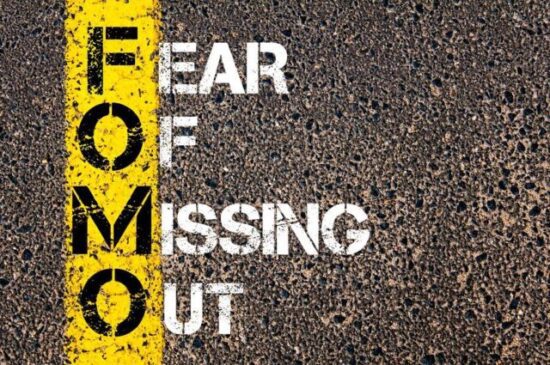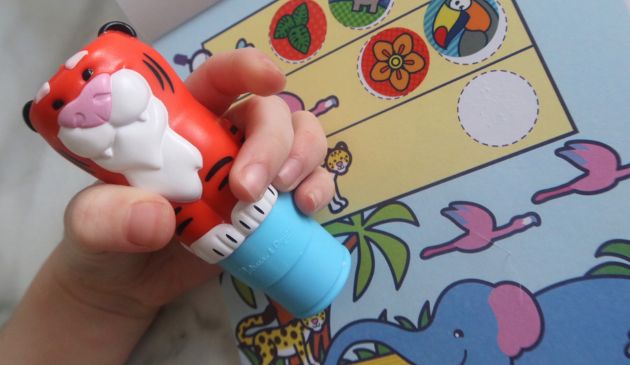
The Wonder Weeks Book Interview

The Wonder Weeks Book for me, is a must have book for every new mum. Based on 35 years of research, conducted in real homes with real mothers and their children, The Wonder Weeks Book makes fascinating reading, and offers a huge insight into your child’s development, at every stage and “leap” they go through during their baby and toddler months!
We were lucky enough to meet Xaviera Plas Plooj and chat with her about The Wonder Weeks Book. Here’s her low down on The Wonder Weeks and what you can expect…
 Xaviera, How would you sum up The Wonder Weeks Book in one paragraph for those who haven’t heard of it (Where have then BEEN!?)
Xaviera, How would you sum up The Wonder Weeks Book in one paragraph for those who haven’t heard of it (Where have then BEEN!?)
Every child goes through fussy phases – these occur when your baby takes giant leaps forward in their development. The Wonder Weeks Book will reassure you there is nothing wrong with your baby or your parenting skills! By informing you about what is going on, we can make their fussy phases shorter and sweeter and help them to develop better.
Our book is not something that requires 3 hours of spare time to sit and read like a novel – you can read about the leaps independently, one chapter at a time when it becomes relevant to your child, and refer to the checklists of abilities and signs and easily see how you can help your child’s progress through the leap.
We also have the mobile app, and via the website you can sign up for email alerts by simply entering your email and child’s due date (no long winded registration process).
The chart of leaps shouldn’t be used carte blanche – it is not a case of simply seeing your child is in a fussy phase and therefore doing nothing for 2 weeks until its over. The Wonder Weeks is all about helping your child through it and giving them the support that they need.
So is a fussy period the same as a growth spurt?
No, a growth spurt refers to the physical body only. Sometimes growth spurts happen at the same time as a mental leap – but not always – the brain often is able to do things long before the body can! The brain is first in line, for example – your baby isn’t capable of walking until her brain is ready to do so. By 8-9 months she may be mentally capable of walking, but due to bones and muscles and whether they actually want to walk, it usually happens a good few months later.
But surely every baby is different right? How accurate can the timing of the leaps and fussy periods be?
100% accurate. Although babies are different, not every baby is different in terms of the leaps – they can’t be escaped. All children make the leaps, but differ in HOW they do so. Mentally, every leap has the possibility of creating a range of outcomes, and the child will chose the ones mostly in line with their character. Very often, the child is mentally able to do something but practice makes perfect. If you take an adult we are the same – we are all mentally capable of speaking 5 different languages, yet not all of us chose to do so, or exert a desire to learn to do so!
The Wonder Weeks chart the babies progress from their due date rather than their birth date – why is this? Does this still apply for premature and overdue babies?
This is because the brain is fully developed at full term. When a child is 1 or 2 years old, a few weeks either side makes very little difference, but at the beginning, 2 weeks is a gigantic difference. If your baby is two weeks early, their brain has had 2 weeks less to mature. By using due dates, they are taking their leaps at the same time regardless of their actual birth date.
There are a lot of baby books out there – what makes The Wonder Weeks Book different?
What is different about The Wonder Weeks is that we are not giving parenting advice – we are informing parents. We aren’t telling you how to do something, not judging or telling, but providing information so that people can make their own decisions in line with their family values. We really take pride in this. By allowing parents to make their own informed decisions, they will feel more comfortable and confident in their decisions and stand by them.
The Wonder Weeks covers the development signs and actions we might see from our children but lists them at the earliest possible time. Do you think there is a risk that this might make first time mums concerned if their child hasn’t reached that milestone?
We do this because averages don’t tell you anything. People want to know when things CAN start. By knowing the earliest time something can happen with your child, you can see the first clues that you would otherwise miss. We all want perfect babies, but all babies are perfect anyway! There are babies that will do lots of the actions listed, and others that will only do a couple of them, but do them really well.
The Leaps in The Wonder Weeks stop at 20 months, why is this? Are there any plans to create a Wonder Weeks Toddlers to cover the leaps children go through beyond the toddler stage?
The initial research went up to 20 months, beyond which point we found that parents tend to reach a level of self confidence where they don’t doubt themselves so much, and can recognise the signs of leaps on their own. By this stage, the child is also talking, which makes it a lot easier for them to tell you what’s wrong, either verbally or by expressing themselves. I have received many emails from people saying they have recognised the signs of an 11th leap, but any wonder weeks toddlers leaps have just been through observation and has never been formally researched.
A massive thanks to Xaviera for taking the time to chat with us.
You can learn more about The Wonder Weeks Book on their website and Facebook page. You can purchase the book on Amazon here or download the app from ITunes here

















































